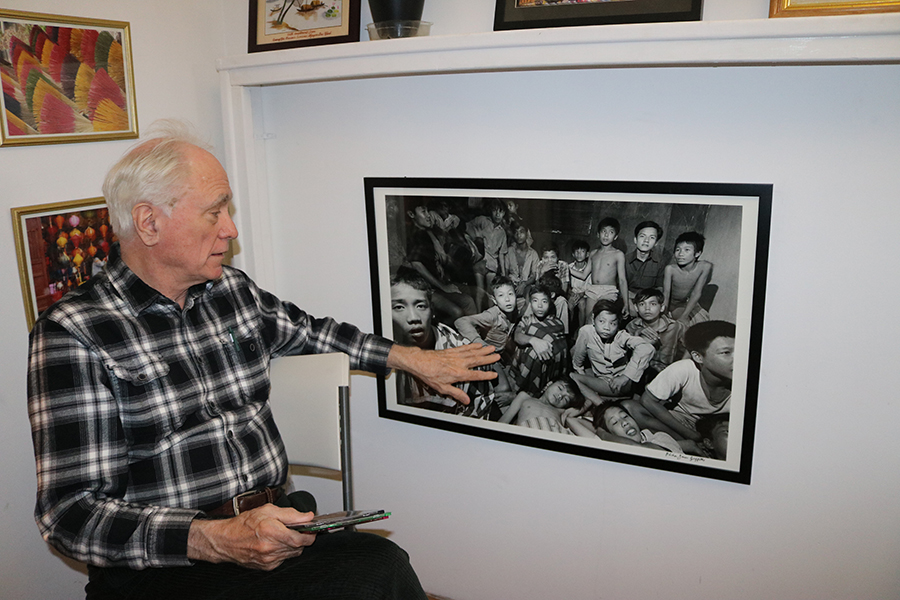
Exploring the Human Condition
Two worlds colliding set CMU alumnus Dick Hughes on the path to a meaningful life
By Pam Wigley
Raised in Pittsburgh’s Shadyside neighborhood in the 1950s, Dick Hughes (A 1966) didn’t venture far to attend college, choosing to major in drama at Carnegie Mellon University. After graduating in 1966, he went further afield to earn a Master of Fine Arts from Boston University.
Soon, he found himself around the world, amid jungle warfare during the Vietnam War, working as a journalist alongside the military and witnessing firsthand the devastating effects of the war on both sides, and, ultimately, becoming the man he is today.
At the time, he didn’t understand how truly grateful he would be for the rigorous training he received at Carnegie Mellon.
“My two worlds collided when I went to Vietnam,” Dick said. “Through my training, I was able to empathize with both sides of the war and its emotions.”
“My two worlds collided when I went to Vietnam. Through my training, I was able to empathize with both sides of the war and its emotions.”
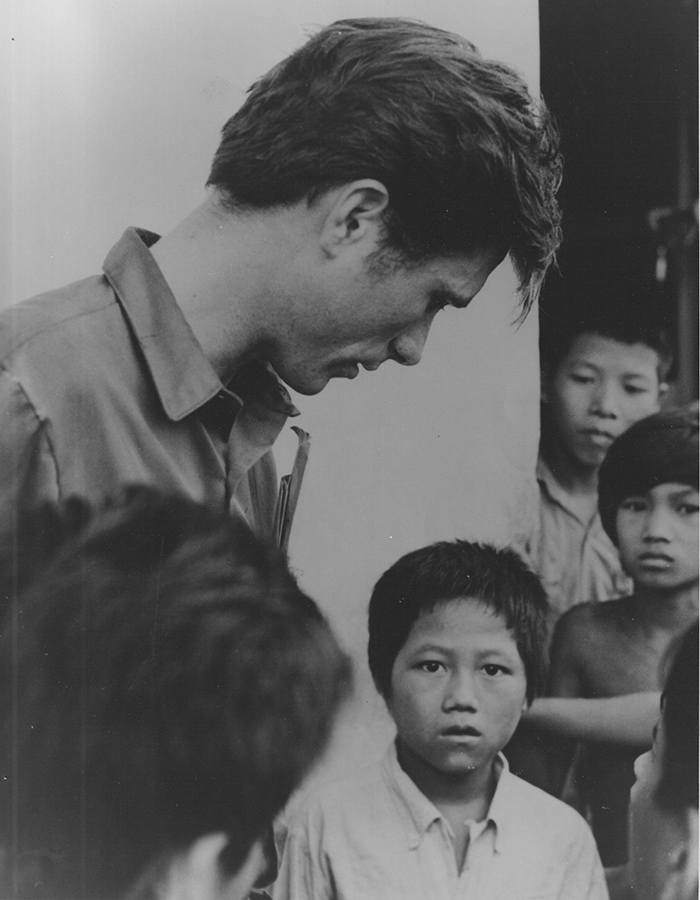
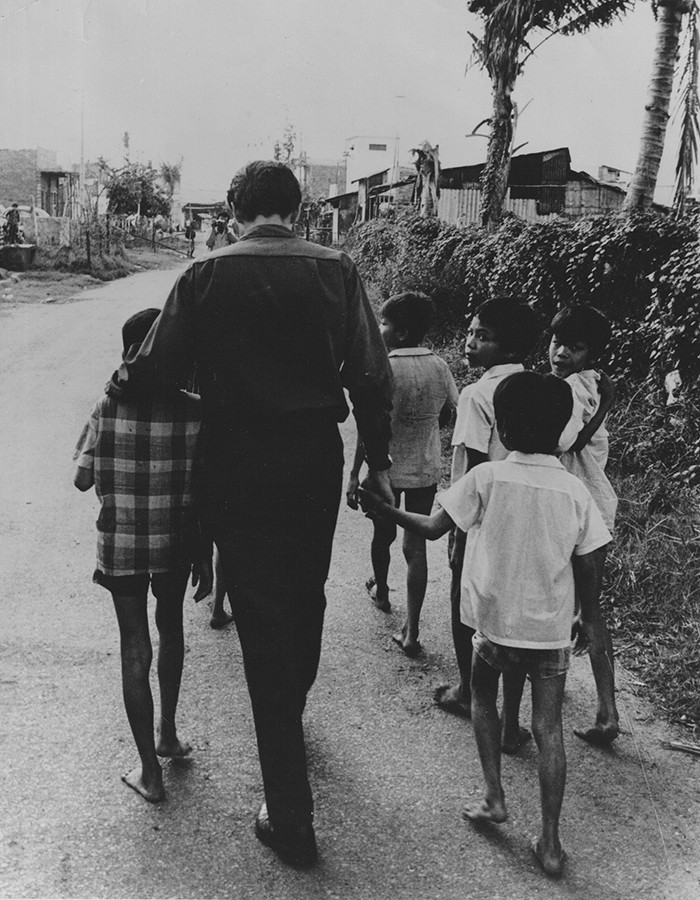
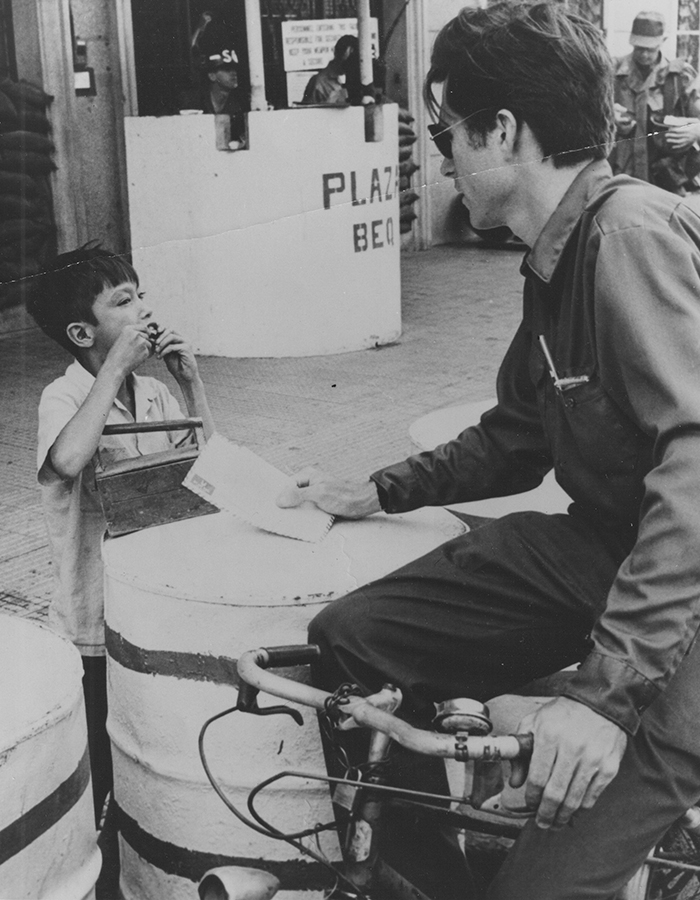
As a young man, the war weighed heavily on him, he said, and he knew he couldn’t serve as a soldier. He registered as a conscientious objector and, while awaiting word from the government as to his approval status, he took matters into his own hands.
“Boston University News” provided Dick with journalism credentials, and he raised enough money through friends and family members to travel to Southeast Asia on his own. He arrived in Saigon in 1968, just 24 years old and hoping to contribute to alleviating the Vietnamese people's plight while covering the war.
“I rented a house with another journalist, and before you know it, we had 12 to 14 street kids living with us,” he said. “These were kids whose parents had been killed or their whereabouts were unknown. We fed them and housed them, and they worked the streets as shoeshine boys during the day.”
Over the course of the next eight years, Dick estimates they helped close to 2,500 children, part of the Shoeshine Boys Project. His work with the children could have come to a close when the war did, but even as one of the last to leave the country in 1976, Dick could not forget the people he had called his friends and neighbors.
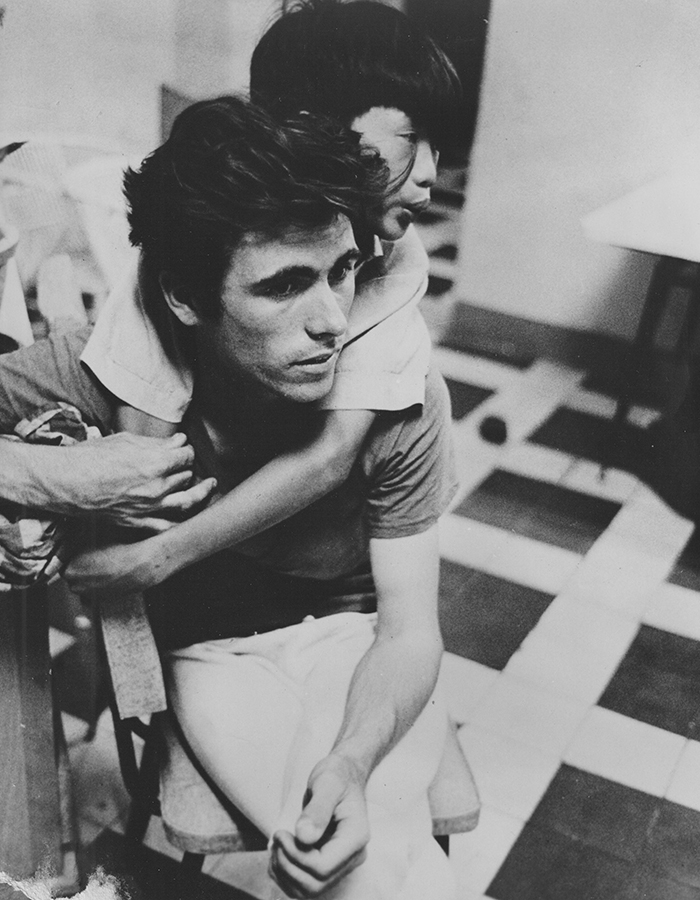
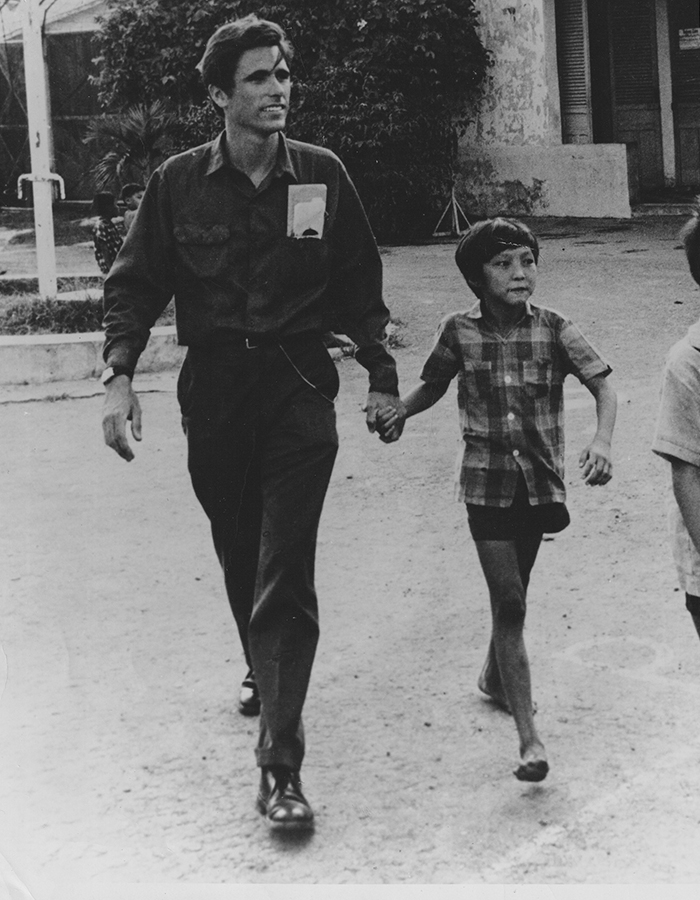
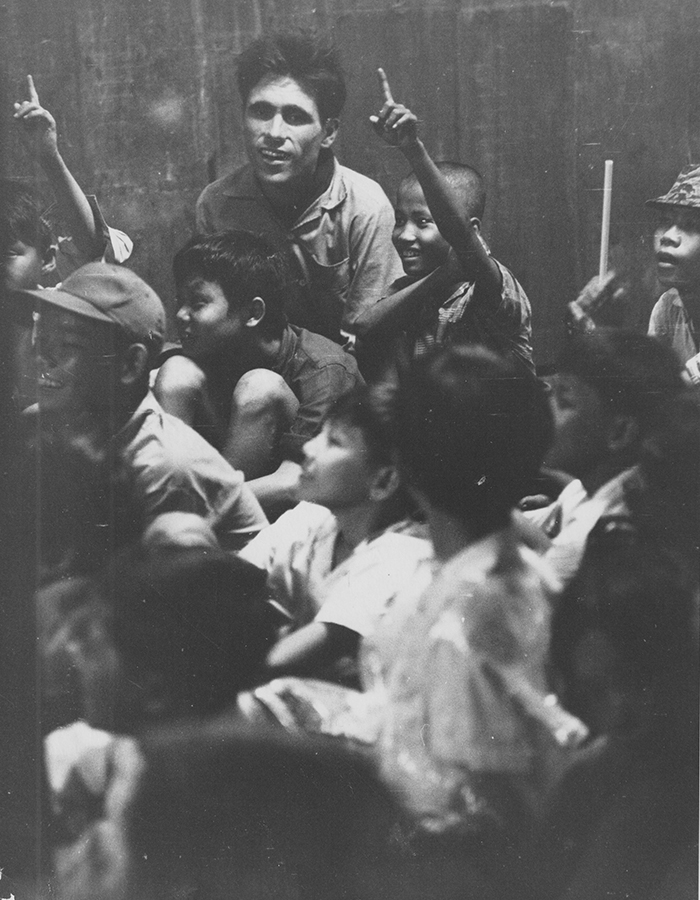
"I rented a house with another journalist, and before you know it, we had 12 to 14 street kids living with us. These were kids whose parents had been killed or their whereabouts were unknown."
After returning to the United States, Dick settled in New York City and resumed his acting career, adding to his list of credits appearances in “Hamlet” with Kevin Kline, “Richard III” with Al Pacino and “The Departed” with Leonardo DiCaprio.
“Acting has always been my first love and, absent the turmoil over the war, I would not have left it,” Dick said.
Still, he realized that his work in Vietnam was not finished. Ultimately, he established an organization called Loose Cannons Inc., which primarily helps Vietnamese victims of Agent Orange exposure. Armed forces used the herbicide to remove dense tropical foliage that provided enemy cover.
“So many people were affected, and the effects are residual — it lingers in the soil,” Hughes said.
He regularly lobbies for assistance from the U.S. government, and he said he relies on his acting training when making his appeals and working with various funding sources.
“You explore so many different aspects of the human condition [when you’re acting],” Dick said, pointing to more advantages to training in the creative arts. “Done well, theater can truly help people’s quality of life.”